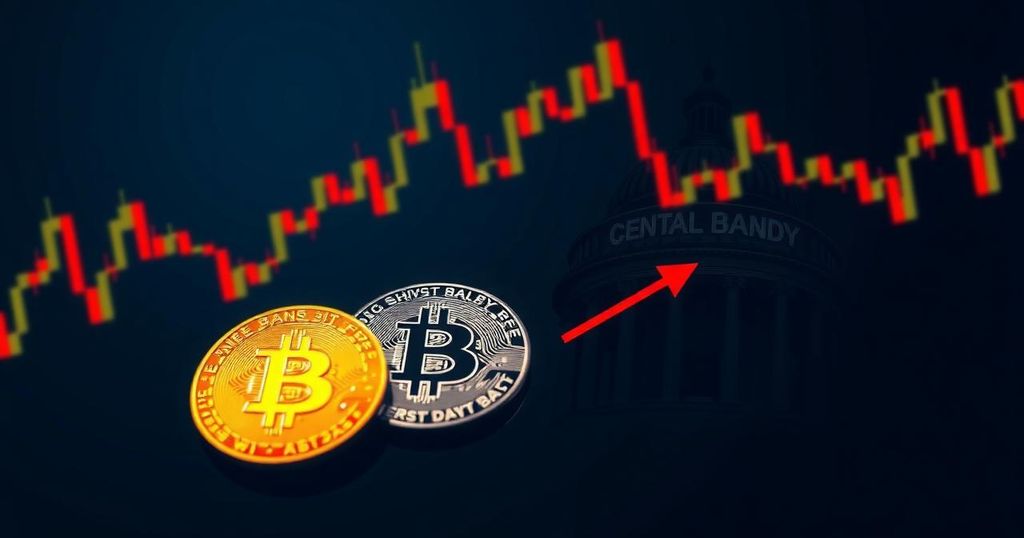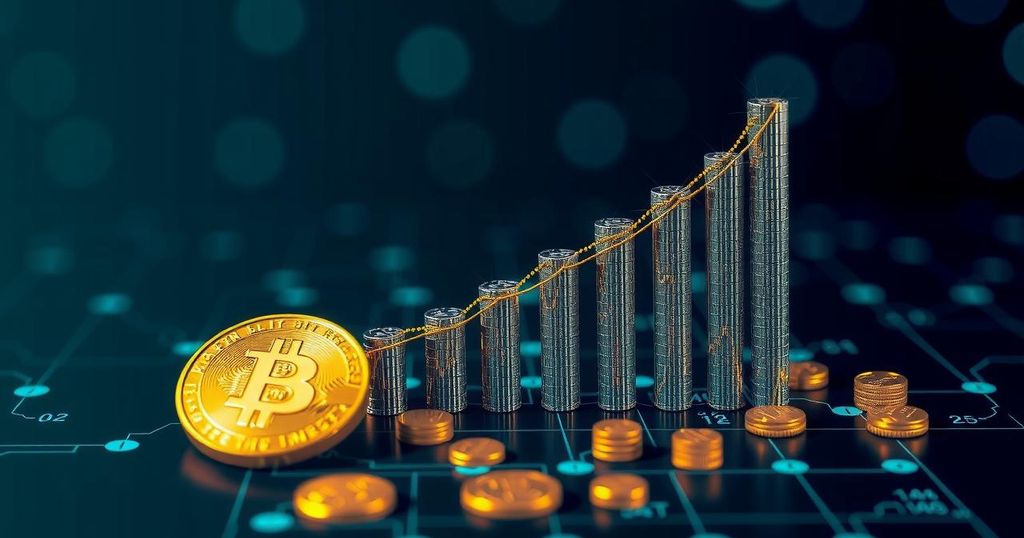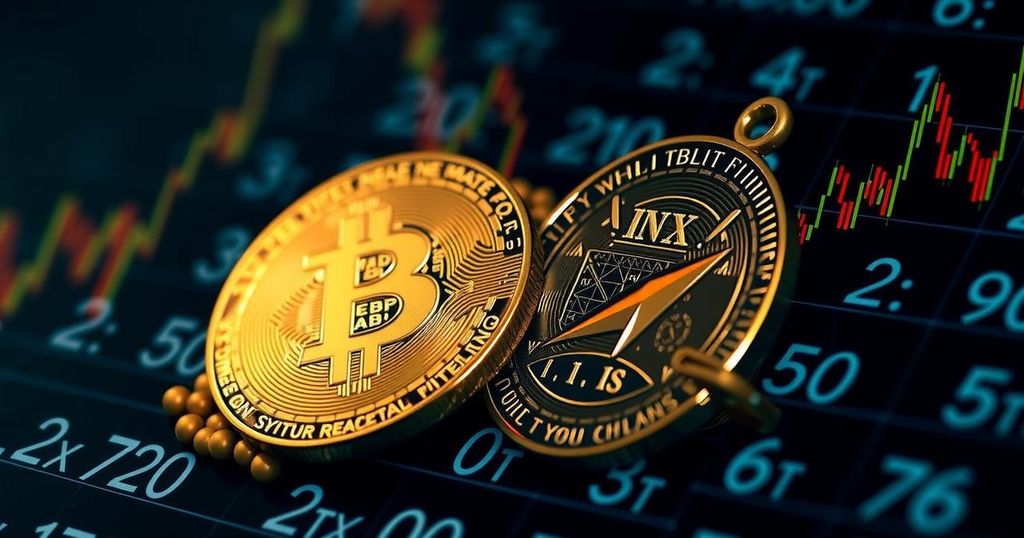Arthur Hayes Envisions Bitcoin Surge Amid Central Banks’ Interest Rate Cuts
Arthur Hayes, the co-founder of the cryptocurrency exchange Bitmex, has expressed an optimistic perspective regarding the future of Bitcoin, particularly in the context of recent interest rate reductions implemented by prominent central banks. Hayes asserts that such monetary policy actions could significantly benefit Bitcoin’s position in the market.
In his commentary on the ongoing trend of interest rate cuts by the U.S. Federal Reserve, the Bank of England, and the European Central Bank, Hayes highlights the perplexing decision by these institutions to lower interest rates even while inflation remains above their target thresholds. He aligns his views with the implications of these policies, suggesting that they may contribute to an increased money supply and further inflationary pressure.
Hayes speculates that if the American economy begins to exhibit signs of contraction, potentially leading to a recession, the Federal Reserve may further decrease interest rates and inject additional liquidity into the economy. Such actions, he argues, could escalate inflation rates, presenting challenges for some businesses while rendering Bitcoin more advantageous as an asset.
Central to Hayes’s thesis is the distinctive deflationary quality of Bitcoin, which is capped at a maximum supply of 21 million coins. He posits that this limitation makes Bitcoin an appealing investment, especially as inflation rises, with its scarcity augmenting its value. As central banks continue their trend of monetary expansion, Hayes envisions that Bitcoin might experience significant appreciation, likening this anticipated surge to “a trip at lightspeed 2 Da Moon.”
In conclusion, Arthur Hayes conveys a highly favorable outlook on Bitcoin’s future, particularly contingent upon the actions taken by central banks to lower their interest rates and augment the money supply. He firmly believes that the inherent deflationary attributes of Bitcoin could render it an exceedingly valuable asset in the coming years, especially in an inflationary environment.








Post Comment